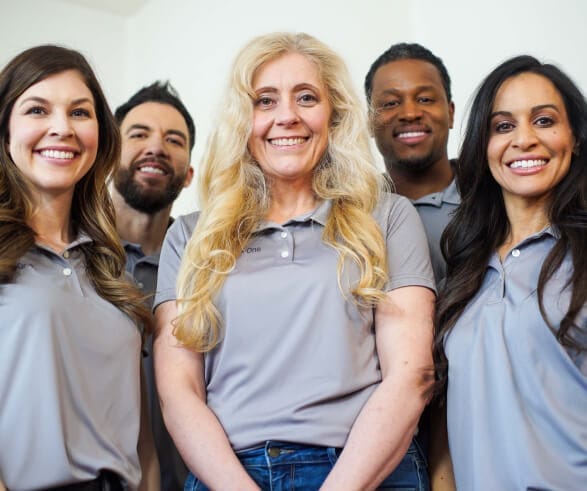
Bio-One Of Oceanside services all types of trauma, distressed property, and biohazard scenes in communities throughout Oceanside Area. We partner with local authorities, communities, emergency services personnel, victim services groups, hoarding task forces, apartment complexes, insurance companies and others to provide the most efficient and superior service possible.
We are your Oceanside crime scene cleaners dedicated to assisting law enforcement, public service agencies and property owners/managers in restoring property that has been contaminated as a result of crime, disaster or misuse.

Bio-One Of Oceanside is always prepared to remedy situations that arise from unexpected events such as death, traumatic injury, and hazardous or hoarding cleanup situations in the Oceanside area. We deploy our teams quickly so you can focus on all the other necessary arrangements to begin the healing process.